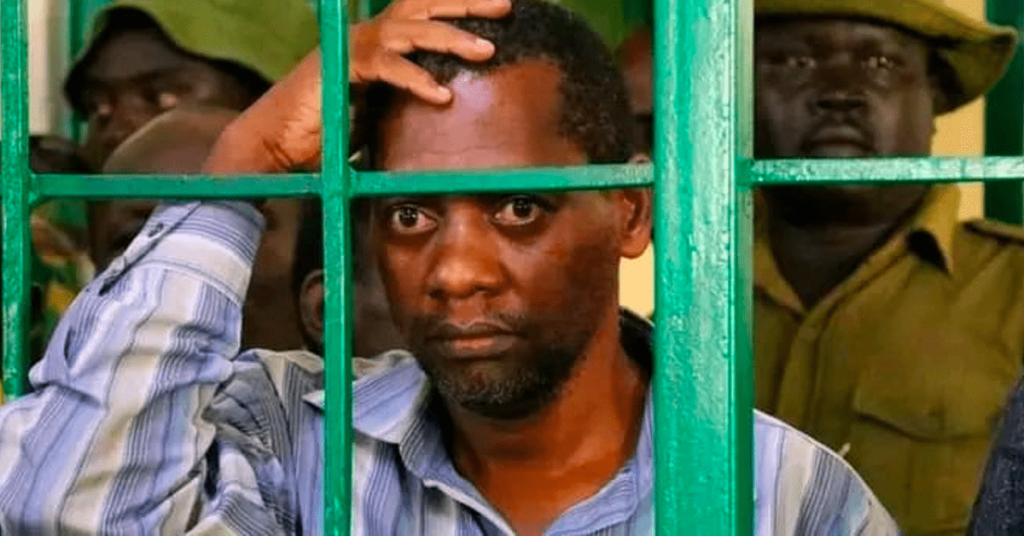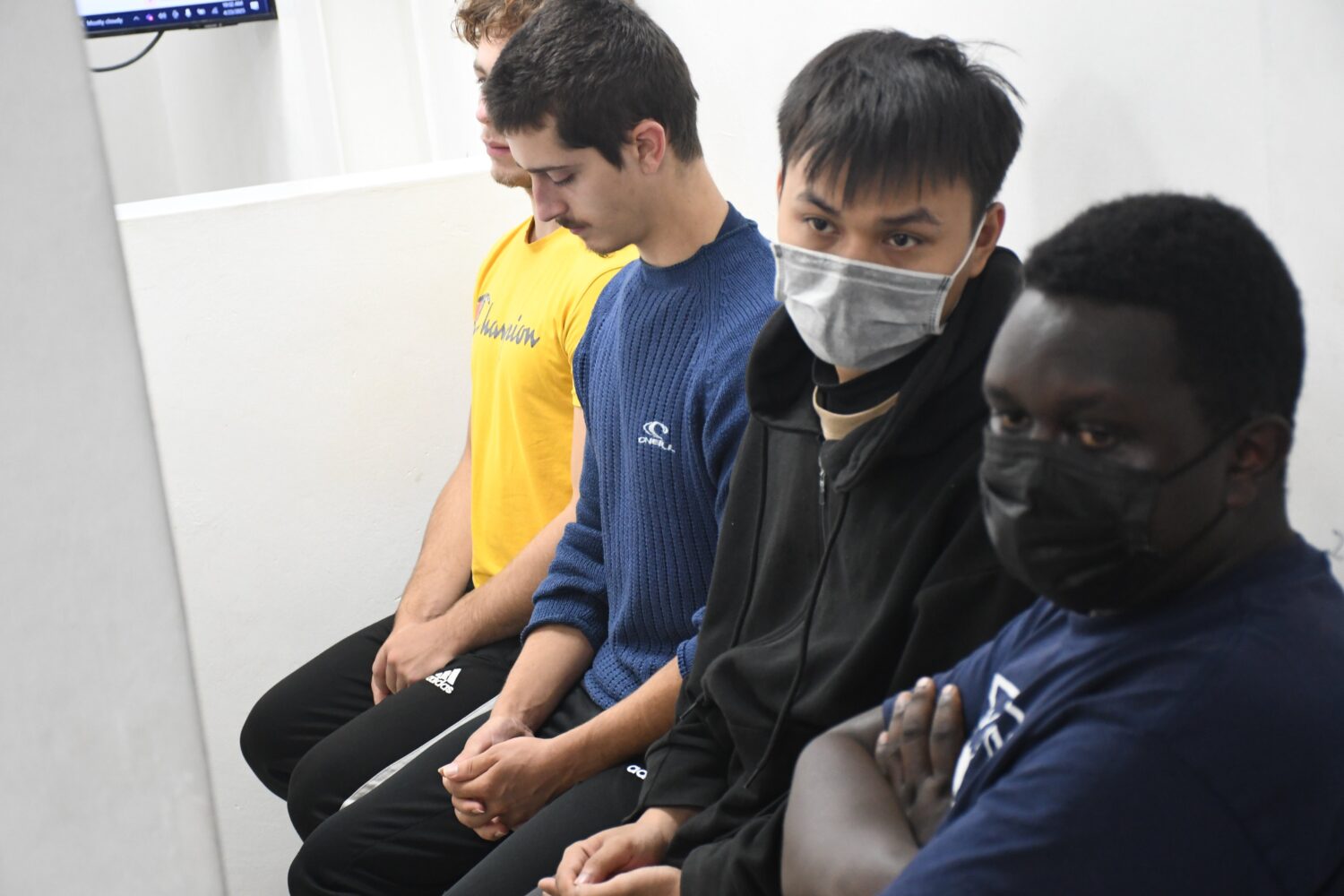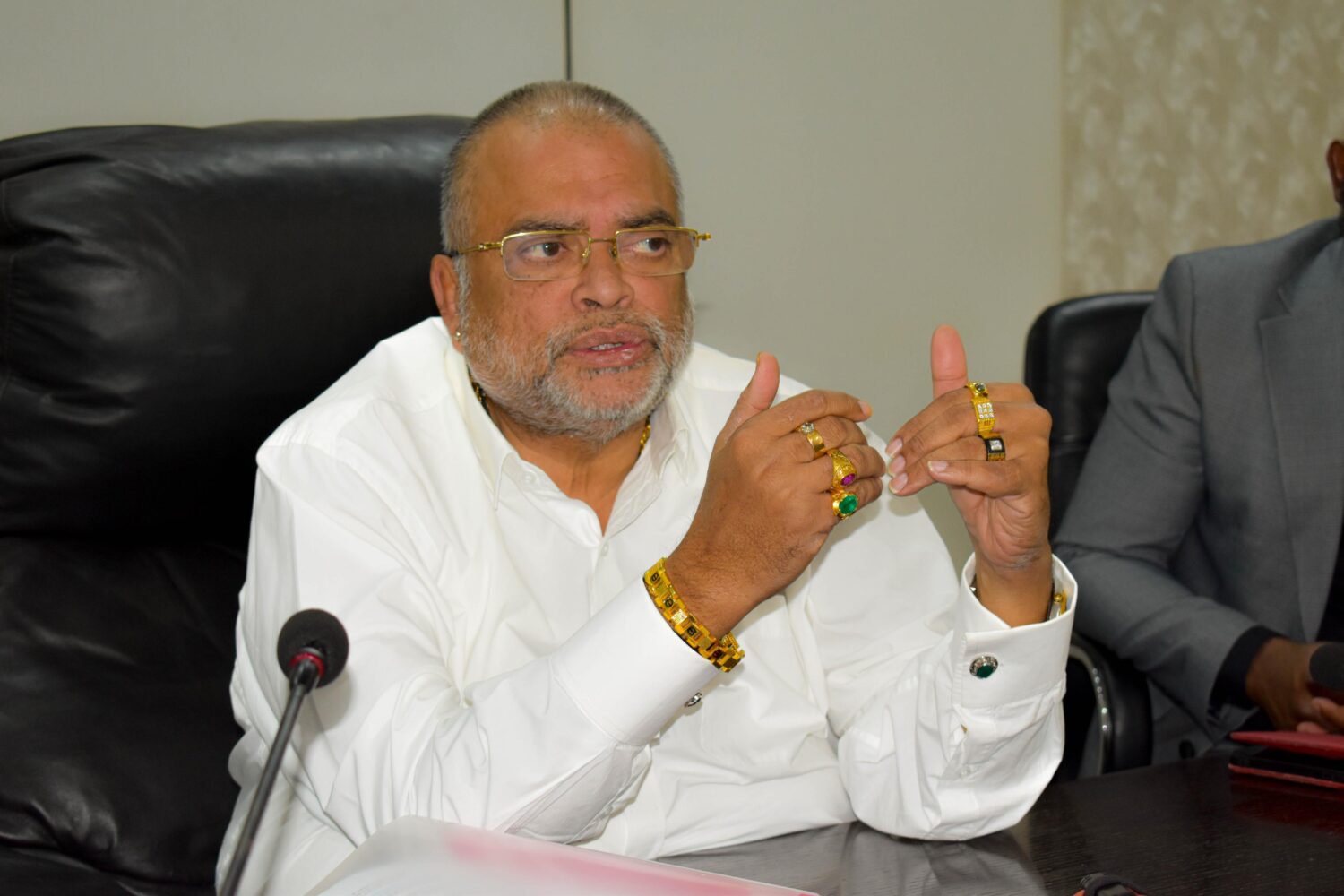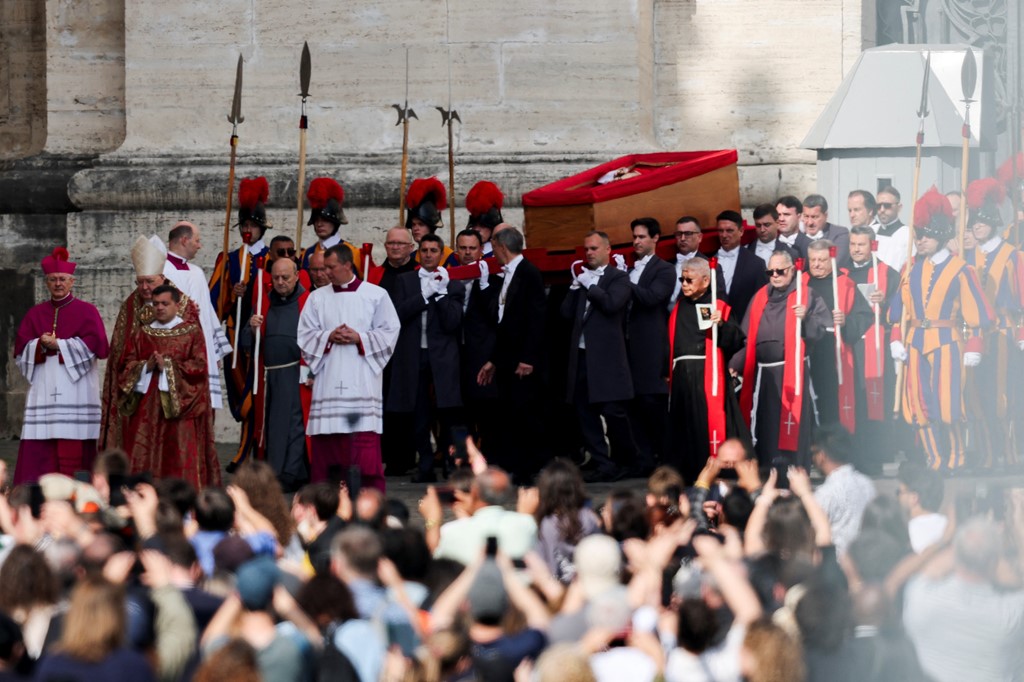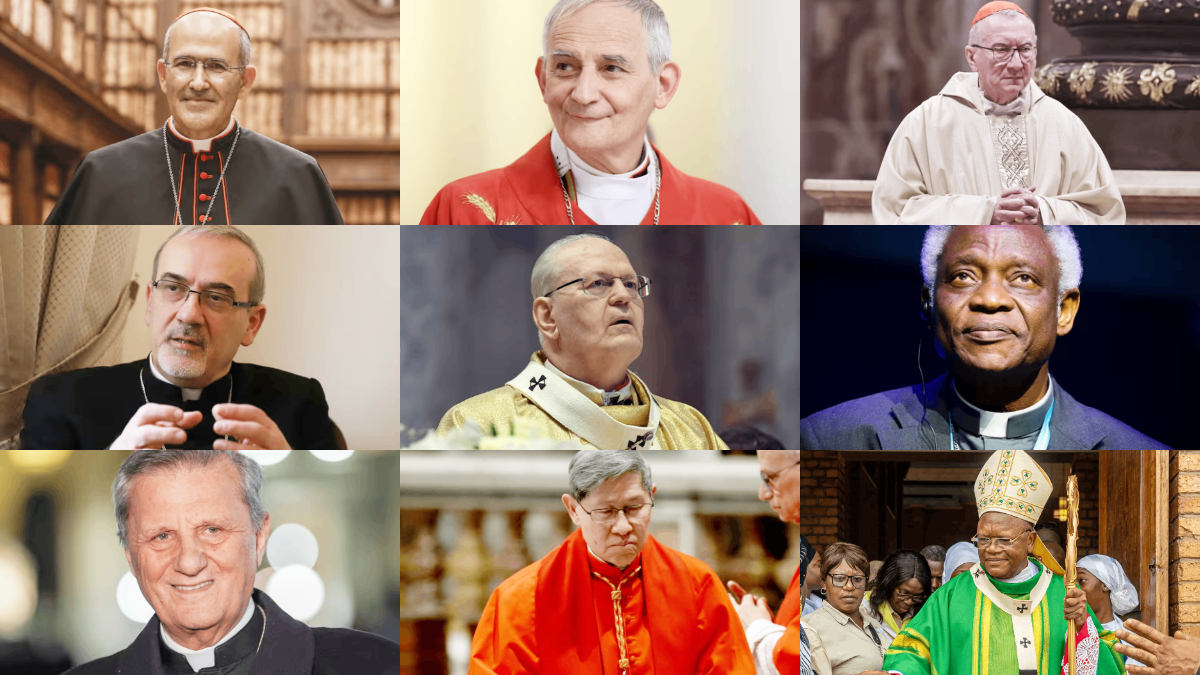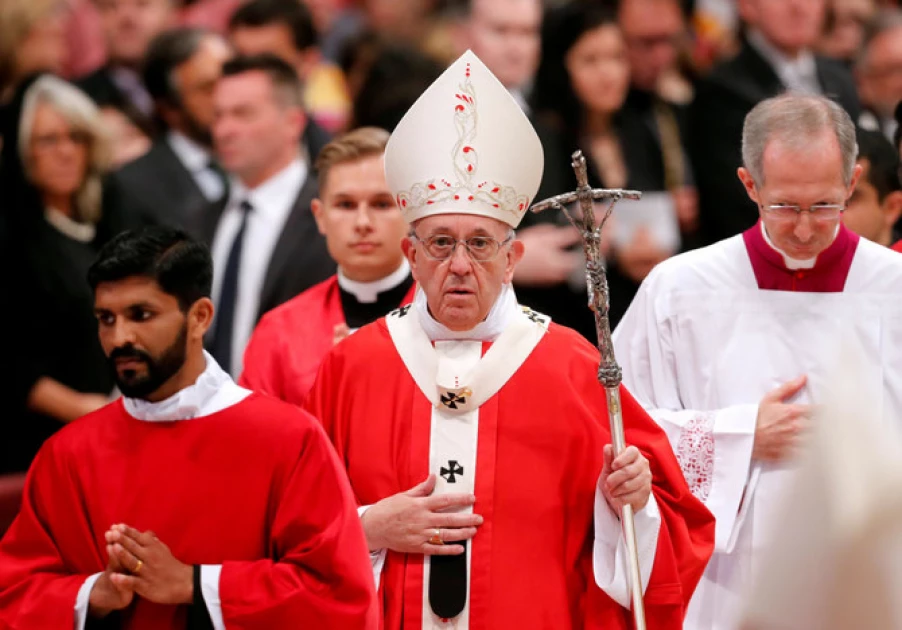The main suspect in the Shakahola case, Paul Mackenzie together with 95 other suspects have been hospitalised following a hunger strike they partook while in remand.
A section of netizens who are keenly following the proceedings are unable to comprehend why the government won’t honour their death wish and let them die.
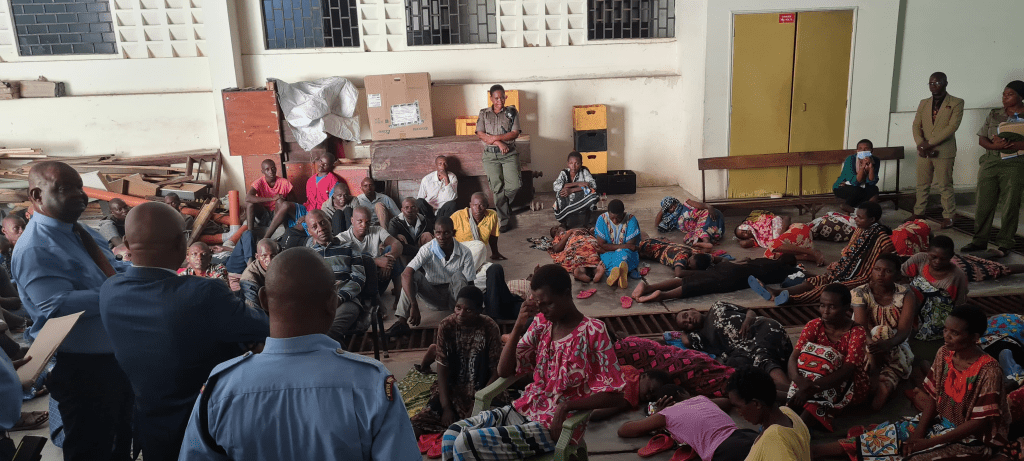
Here is why:
Firstly, the principle of presumption of innocence states that anyone standing trial in the Kenyan jurisdiction is assumed to be innocent until the conclusion of their case in court (the judgement hearing).
This principle is only applicable in criminal matters. It is not applicable in civil matters because there is no guilty verdict in those.
This was emphasized by the courts when former Nairobi Governor Mike Sonko made an application in court arguing that he should be reinstated as Nairobi Governor following his impeachment.
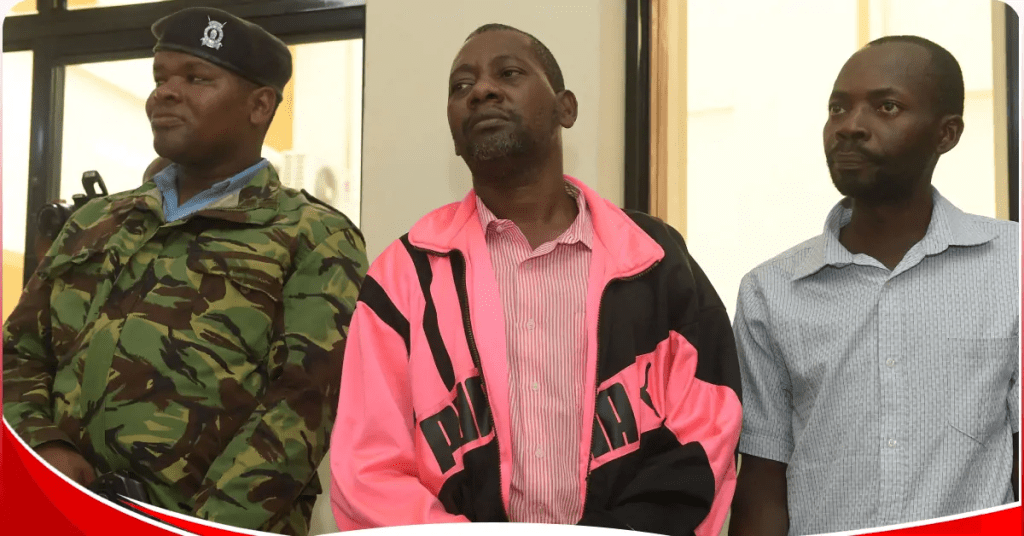
“The principle of presumption of innocence applies in the administration of criminal justice, not on matters of ethics and integrity,” stated court.
The second reason why Mackenzie cannot be left to die while in custody is because it will contradict the principle of due process.
Article 47 (1) of the Constitution stipulates that every person has the right to administrative action that is expeditious, efficient, lawful, reasonable and procedurally fair.
One starving themselves to death goes is interpreted as suicide which is unlawful as per section 226 of the Penal Code.
Anyone who attempts suicide risks a death sentence of up to two years imprisonment, a fine or both.
Thirdly, Kenya is a signatory to various international human rights conventions also known as treaties.
The Constitution states in Article 6 (2) that any treaty ratified by Kenya is law. The International Covenant on Civil and Political Rights Article 14 states that:
- All persons shall be equal before the courts and tribunals. In the determination of any criminal charge against him, or of his rights and obligations in a suit of law.
The Constitution rubber stamps this by laying down the right to life as one of the fundamental rights for every citizen.
Finally, if the government fulfilled their death wish, this would be a hindrance in the pursuit of justice.
If a suspect dies prematurely, victims and their families may be denied justice as the legal system is supposed to determine guilt or innocence.
ARTICLE BY GACHAMBI NDERITU


